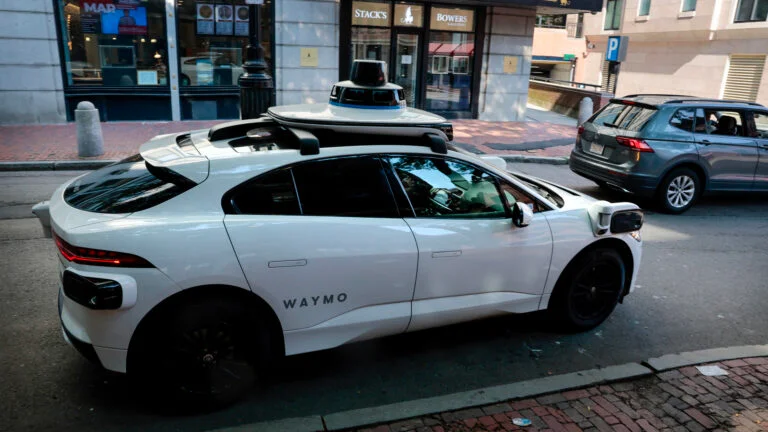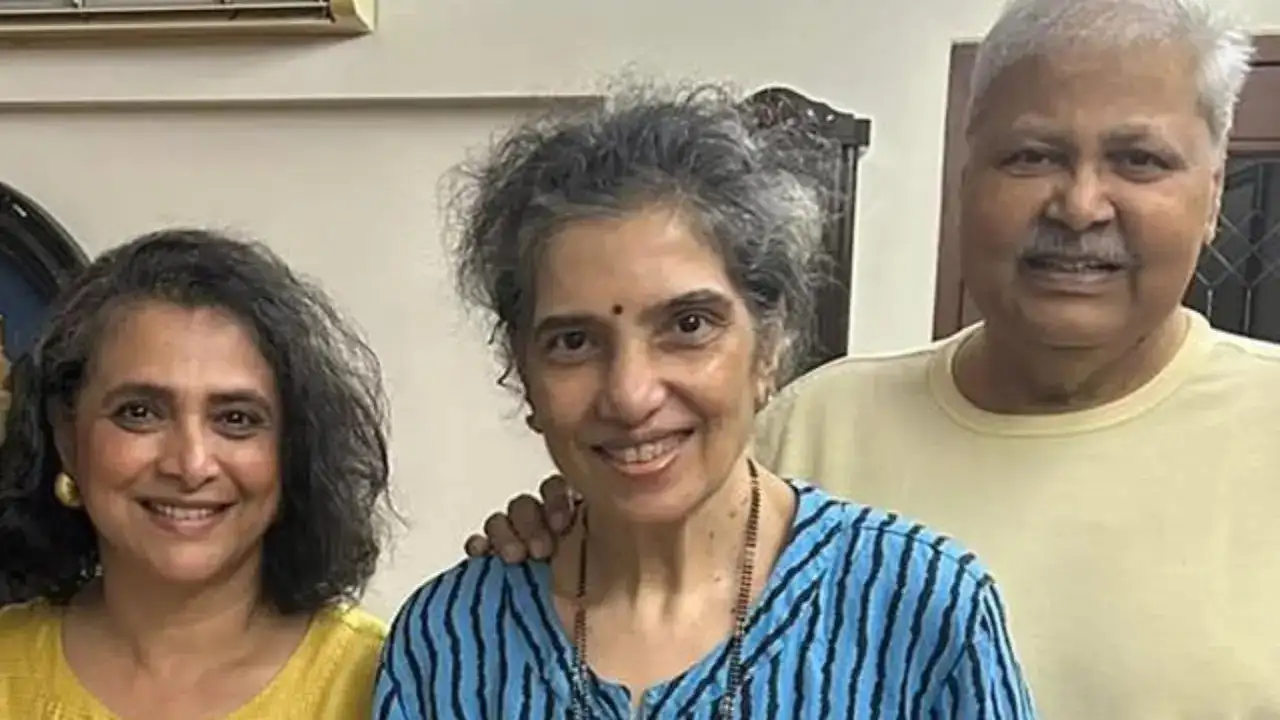Copyright Boston.com

The Boston City Council is debating regulations on autonomous vehicles. A proposed ordinance would mandate that they have “human safety operators” physically present inside. Debate is raging in Boston about how the city should approach the introduction of autonomous vehicles. Supporters and skeptics packed City Hall Tuesday to weigh in during a City Council hearing on the matter. Councilors are evaluating a proposed ordinance that would require a “comprehensive, public, and participatory study” before commercial AV services are launched in Boston. The ordinance would establish an advisory board to evaluate the introduction of AVs and provide guidance to the mayor. Notably, the proposed ordinance would also require that AVs operating in Boston have a “human safety operator” physically present inside the AV to monitor its performance and take over control if necessary. Waymo, the AV company already operating in major cities like San Francisco and Phoenix, deployed testing vehicles to map streets in Boston and surrounding areas in the spring. Although Waymo has not announced official plans to launch in Boston, representatives from the company are engaged with local stakeholders and appear to be laying the groundwork for a future launch. But councilors expressed deep skepticism at a similar hearing earlier this year, and a new coalition of union members has formed to oppose AV deployment. Some councilors joined labor leaders for a rally outside City Hall before the hearing on Tuesday to push back on the “unchecked expansion” of AVs. Councilors declined to take a vote on the proposed ordinance Wednesday, and more public hearings are likely. The exact language of the ordinance could still change before any laws are enacted. AV proponents Matthew Walsh, regional head of state and local policy at Waymo, testified Tuesday in opposition to the proposed regulations. “The proposed ordinance is an unprecedented ban on a technology that is bringing additional safety, economic activity, accessibility, and sustainable transportation to the cities where we operate,” he said. Data shows that Waymo makes city streets safer, Walsh said, adding that Waymo vehicles are involved in five times fewer “injury-causing collisions” compared to humans. The company says that Waymo also better responds to “vulnerable road users” like pedestrians and cyclists. AV deployment has been shown to spur economic activity, Walsh said. In the Bay Area, Waymo’s presence generated an additional $40 million in economic activity “from tourism alone” last year, he added. Waymo and other AV advocates say that the technology provides tremendous benefits to disabled people. Greg Donnelly, president and CEO of The Carroll Center for the Blind in Newton, testified alongside Walsh and said that blind riders are “routinely” refused rides by human drivers. Transportation barriers like this limit the ability of disabled people to get jobs, access health care, and socialize. AVs can be programmed to emphasize accessibility through voice prompts, tactile controls, and predictable pick-up and drop-off procedures, he said. “Autonomous vehicles don’t discriminate. They don’t see a guide dog, a cane, or a disability. They simply see a passenger who needs a ride. They provide consistent, reliable service that treats every rider with dignity and respect,” Donnelly said. Stephen Yerardi testified on behalf of the National Federation of the Blind of Massachusetts. Many blind residents cannot easily access major cities around the region, he said. “The unemployment for blindness in particular is usually around either 65 to 80% depending on which study we look at. This could kind of open up the opportunities of being able to get more employment,” he said. “I just think it would be another option to have.” Mary Kate DePamphilis, director of Mothers Against Drunk Driving Massachusetts, said that her organization is excited for the lifesaving possibilities of Waymo deployment in Boston. “When deployed responsibly and in collaboration with local stakeholders, autonomous vehicles hold tremendous promise in preventing deaths and injuries caused by behavioral factors such as impaired driving,” she said. AV opposition Earlier in the hearing, proponents of the ordinance pushed councilors to pass the measure and take a hard stance against AV deployment in Boston. The new Labor United Against Waymo coalition is spearheading AV resistance, and many drivers filled the City Council chambers to raise concerns about AV safety and the potential for them to lose their jobs. “These machines don’t benefit working people — they only serve the interests of out-of-state Big Tech billionaires, and their opinions shouldn’t outweigh the needs of Massachusetts residents,” Teamsters Local 25 Tom Mari said in a statement. Abby O’Brien, a Teamsters Local 25 member and a paramedic at Armstrong Ambulance, spoke about the need for first responders to be able to arrive at their destinations quickly. She worries about AVs lacking the “common sense” that human drivers exhibit when they make way for emergency vehicles. Boston’s winter weather further complicates things, she said. “If autonomous vehicles block us, freeze in place, or don’t know how to yield to emergency vehicles, they could delay our lifesaving measures and kill people,” she said. Alfred Potter, a rideshare driver and member of the App Drivers Union, criticized tech leaders for wanting to test “imperfect technology” in Boston. He spoke about a recent experience picking up a 90-year-old man from Massachusetts General Hospital. The man needed to relieve himself halfway through the trip, Potter said, and he was able to find a place for the man to do so. “Robotaxis don’t just threaten our livelihoods, they threaten to erode the human care, connection, and insight that no robot can replicate,” he said. “[The man] got home with dignity and, in his wife’s words, ‘No one else would have done that.’” Although much of the AV opposition is coming from rideshare and taxi drivers, some are worried about setting a precedent that could lead to drivers of all sorts being replaced. Councilor Henry Santana said he was concerned about a potential “slippery slope” that puts other workers at risk of displacement. Michael Scarpa, a Teamsters member and driver at DHL who says he’s been driving professionally for 36 years, told Boston.com that he shares Santana’s viewpoint. “It’s only coming after cab drivers and Uber drivers now, but when does it stop? And how does the economy move forward when only corporations are making money on autonomous cars?” he said. “It’s an attack, an attack on our way of life.”



